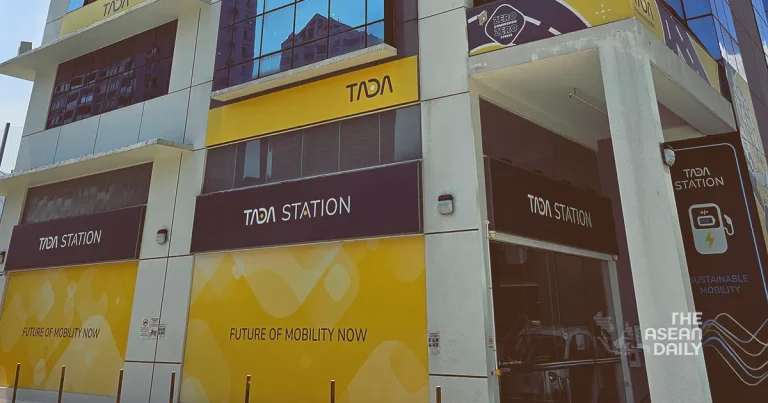18-7-2024 (HONG KONG) In a bold move set to shake up Hong Kong’s transportation landscape, Singapore-based ride-hailing platform Tada has announced plans to enter the city’s market this November. The company aims to carve out a niche in a sector where Uber has long been the primary alternative to the city’s often-criticised taxi services.
Tada’s expansion comes at a pivotal moment, as Hong Kong authorities grapple with plans to regulate private car-hailing services, which have operated in a legal grey area unlike in other Asian metropolises such as Singapore and mainland China.
In an exclusive interview, Tada’s Chief Executive Officer Sean Kim revealed the company’s ambitious strategy. “We’re targeting a late November launch in Hong Kong,” Kim stated. The initial phase will see Tada collaborating with local taxi fleets, aiming to offer between 3,000 and 4,000 vehicles on its platform from the outset.
Kim highlighted the similarities between Singapore and Hong Kong as key factors in Tada’s expansion decision. “Both cities boast diverse communities, tech-savvy users, and well-developed public transport systems, including established taxi industries,” he noted. However, Kim also pointed out a crucial gap in Hong Kong’s market: “There’s room for improvement in adapting to evolving user needs and demands.”
Tada’s unique selling point is its zero-commission model, which charges drivers a modest, fixed platform fee per ride. This approach allows drivers to retain a larger portion of their earnings compared to competitors like Uber, which typically takes a 15% to 35% commission.
The exact fee structure for Hong Kong will be determined closer to the launch date, according to Tada’s Regional General Manager Jonathan Chua. In Singapore, Tada’s platform fee ranges from 60 cents for fares between S$7 and S$18, to 80 cents for fares above S$18, with no fee for fares below S$7.
Tada’s arrival has piqued the interest of local taxi drivers. Wallace Lai, a 29-year-old cabbie currently using Uber, expressed enthusiasm about Tada’s potential entry. “I’ll definitely sign up if they take a smaller cut of my earnings,” Lai said.
However, the road ahead for Tada is not without challenges. The Hong Kong market is already crowded with about a dozen cab-hailing apps, including China-based Didi Chuxing and Amap. Moreover, the regulatory landscape remains uncertain, with the government promising to introduce a framework for ride-hailing services within the next year.
Despite these hurdles, some industry observers see Tada’s entry as a positive development. Lawmaker Doreen Kong welcomed the move, stating, “The use of ride-hailing platforms is a global trend and should be an important pillar of a smart city.”




